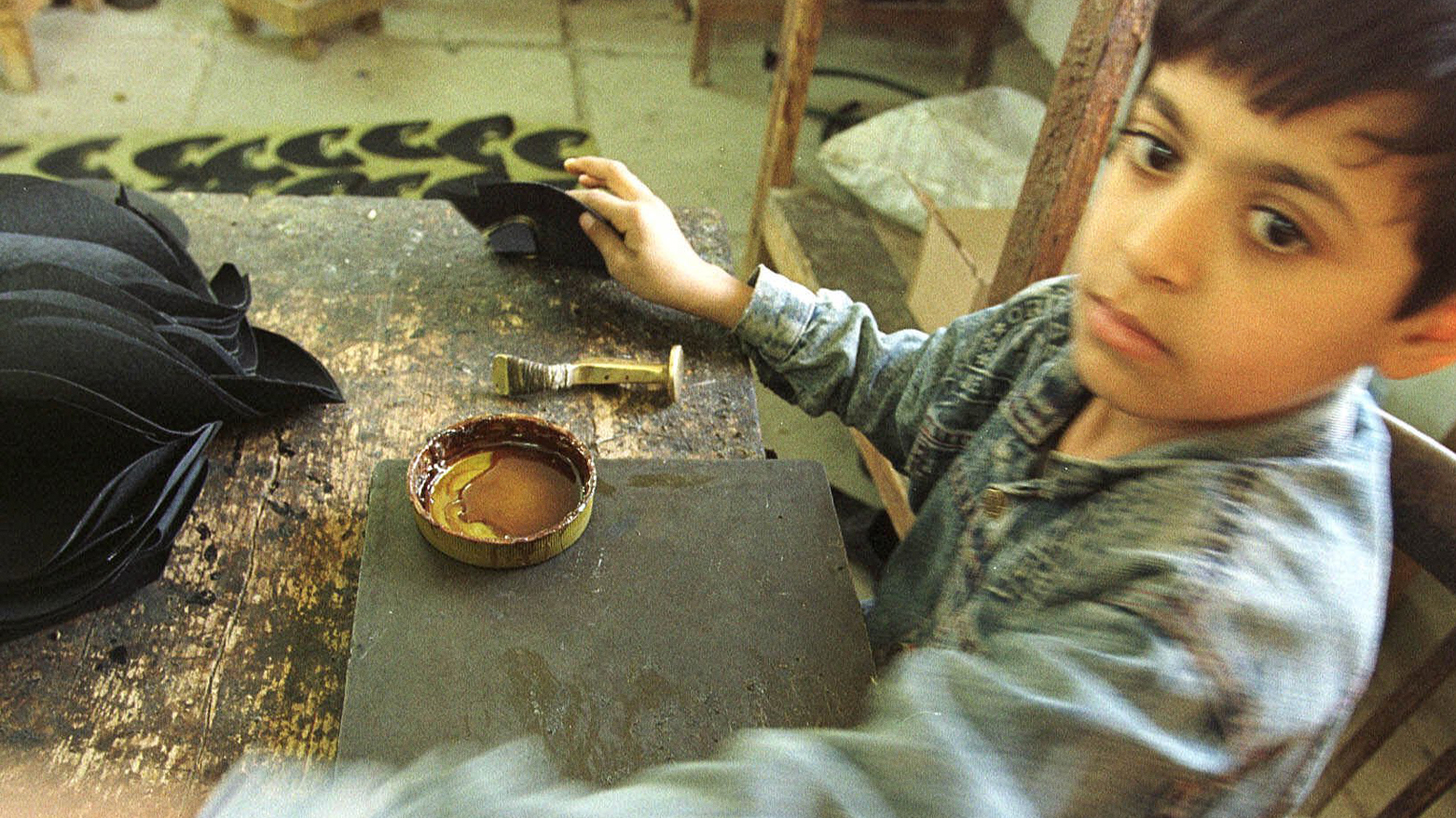Iraq ranks fourth worldwide in child labor
Financial instability has forced many Iraqi families to rely on their children for income, despite Iraqi laws prohibiting children under 15 from working.

ERBIL (Kurdistan24) - According to the Strategic Center for Human Rights in Iraq, over 200 million children aged 6 to 17 are engaged in labor worldwide, with Iraq ranking as the fourth highest country in terms of the number of child laborers.
Financial instability has forced many Iraqi families to rely on their children for income, despite Iraqi laws prohibiting children under 15 from working.
The International Rescue Committee in Iraq reports a growing number of child laborers, leading to increased school dropouts and deprivation of childhood and basic rights.
The report also highlights that 85 percent of these children do not feel safe at work and often face abuse on the streets.
Qassim Hussein Saleh, president of the Iraqi Association of Psychologists, attributes the rise in child labor to the aftermath of the 1991 and 2003 wars, which left 13 million people in poverty due to economic sanctions.
Fazel Gharawi, head of the Strategic Center for Human Rights in Iraq, notes that 80 percent of child laborers globally are male, and Iraq ranks fourth after Yemen, Sudan, and Egypt.
In Iraq, 4.9 percent of children are employed in industry, agriculture, and services due to economic hardships, declining incomes, unemployment, and poverty.
Hassan Abdul Sahib, head of the Child Labor Combat Division in the Ministry of Labor and Social Affairs, explains that war and displacement, particularly in provinces affected by ISIS, have exacerbated the child labor crisis.
Iraqi law stipulates that children under 15 are prohibited from working, with violations punishable by fines and up to six months in prison.
UNICEF reports that about one million children are forced to work in Iraq, with one-third of Iraqi children living in dire economic conditions.
Additionally, one in five children is compelled to work to support their families. The ongoing economic challenges and instability continue to drive the high rates of child labor in the country.